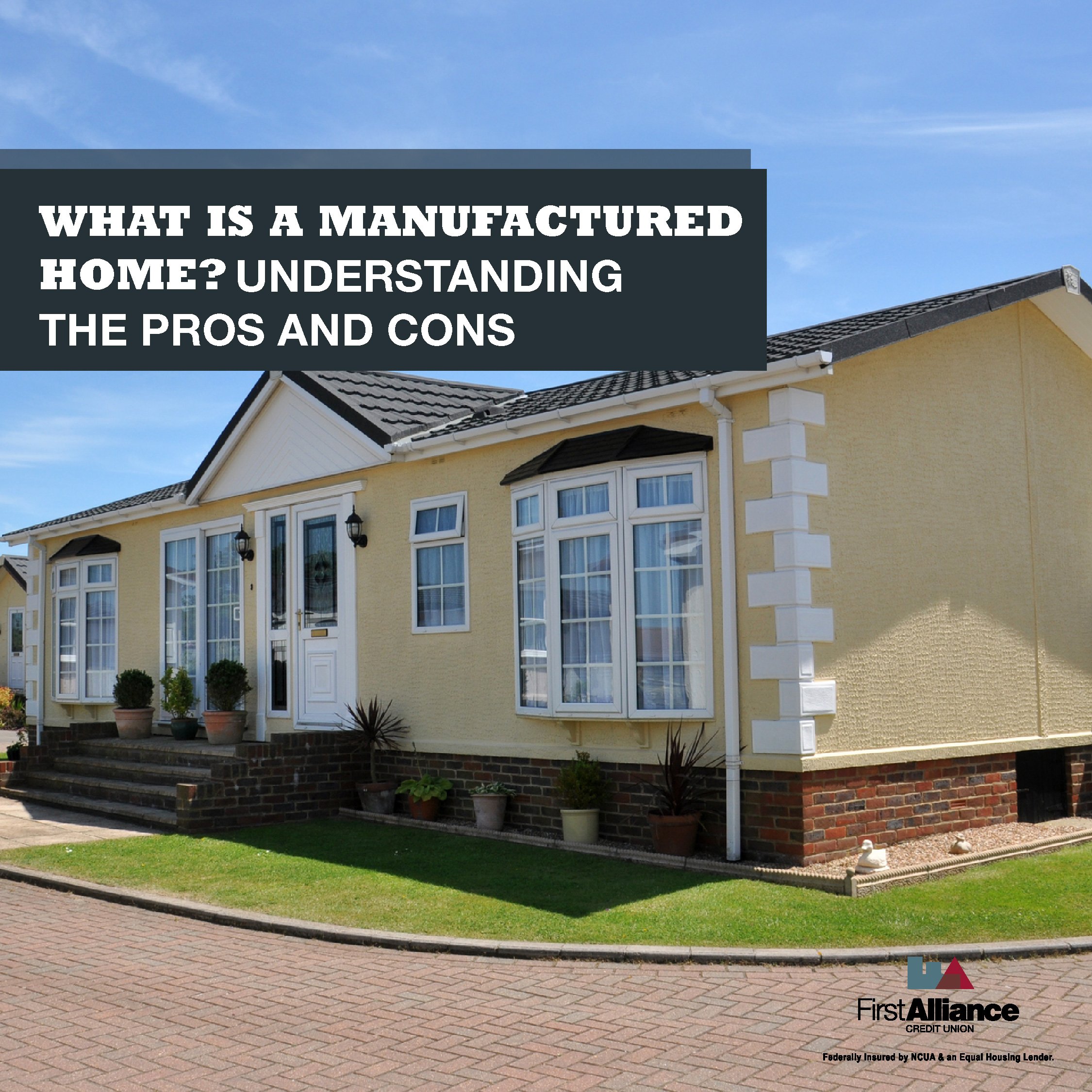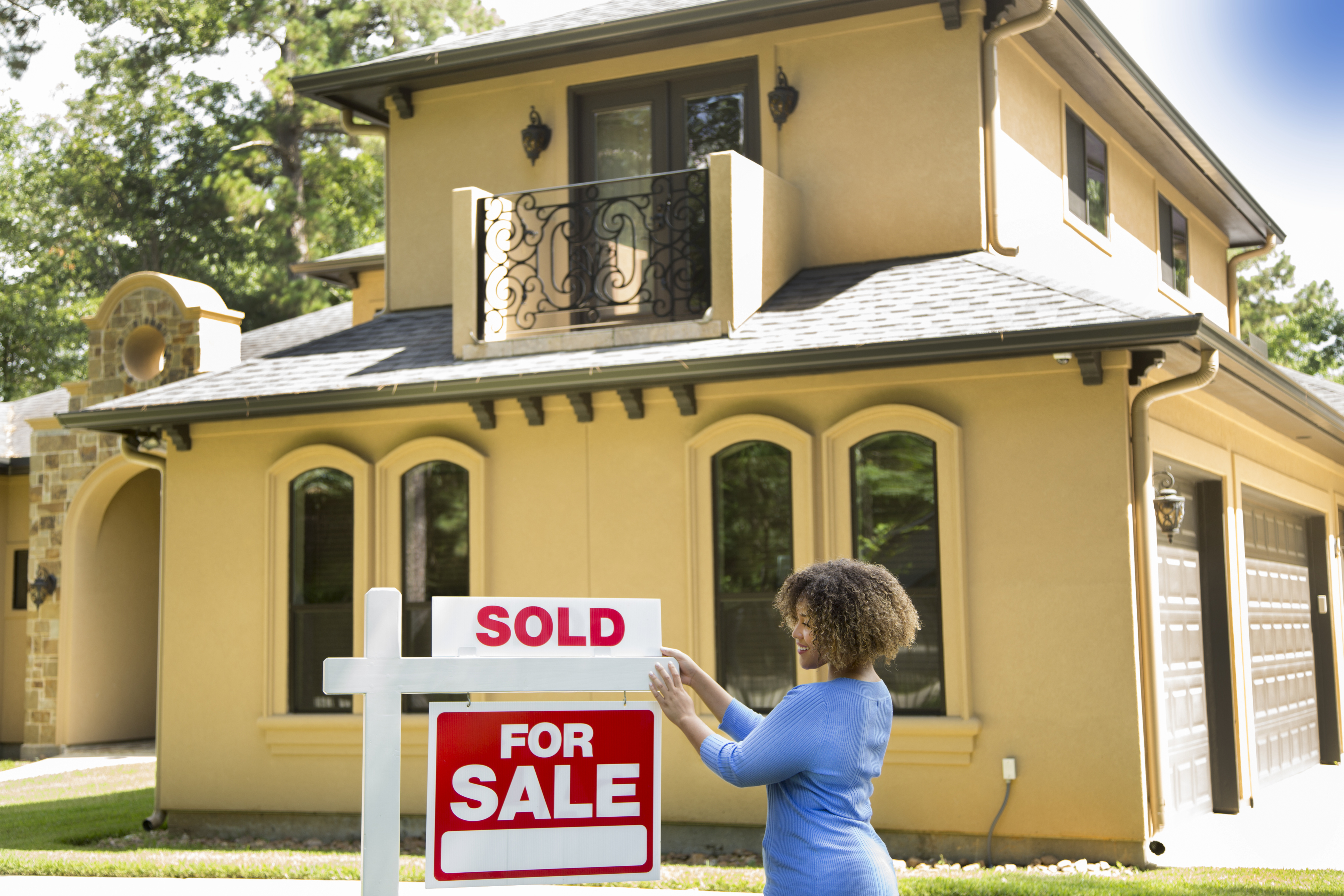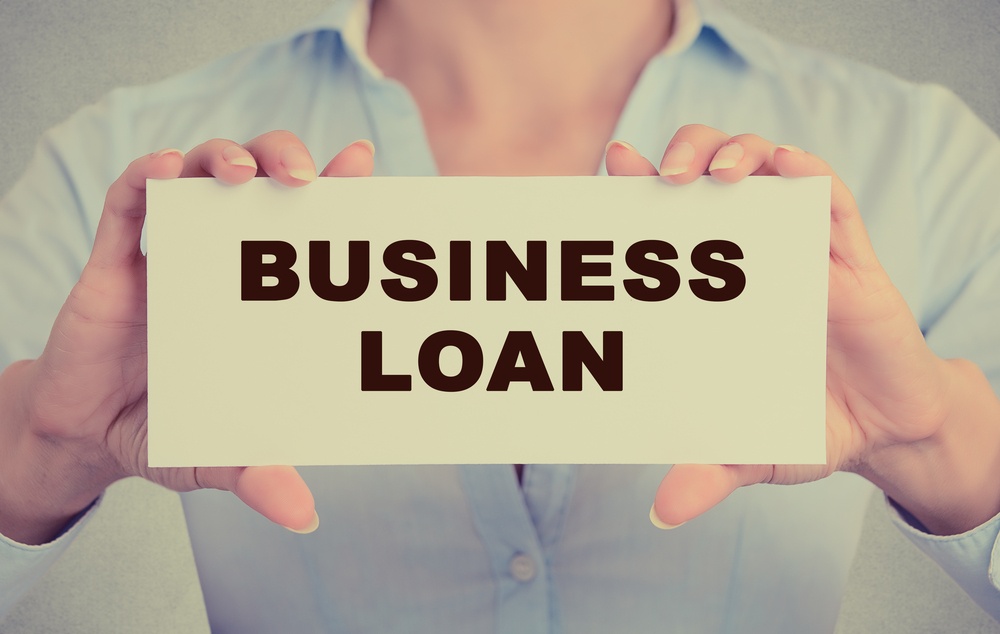Business Credit Cards vs Business Lines of Credit
Many businesses, no matter how big or small, sometimes face cash flow challenges. Whether it is a small business getting started or one that has been...
5 min read
 Jenna Taubel
:
Apr 11, 2024 6:30:00 AM
Jenna Taubel
:
Apr 11, 2024 6:30:00 AM

In the world of home buying, manufactured homes present an alternative solution for potential homeowners looking for affordability, flexibility, and efficiency.
Once known as mobile homes or trailer homes, manufactured homes have evolved significantly over the years, offering a range of styles, amenities, and benefits that challenge the traditional idea of home ownership. But what exactly defines a manufactured home, and what are the benefits and drawbacks of buying a manufactured home compared to a traditional site-build home? Let's explore the answers to those questions, so that you can better understand if buying a manufactured home is a good an option for you.
Manufactured homes are a type of prefabricated housing that is largely constructed in factories and then transported to a site where it is placed on a permanent or semi-permanent foundation. Unlike traditional homes built entirely on-site, manufactured homes are designed with mobility in mind, though most often they end up permanently placed. This category of housing is recognized for its efficiency in construction, affordability, and increasingly, for the variety of designs and amenities it offers.
These homes are defined by specific construction and safety standards, particularly those outlined in the U.S. Department of Housing and Urban Development (HUD) Code, which was established in 1976. This code sets federal standards for the design, construction, and installation of manufactured homes to ensure quality, durability, and safety.
The HUD Code not only marks a significant regulatory framework for manufactured homes but also distinguishes them from other types of prefab houses, like modular homes, which are subject to local and state building codes similar to site-built homes.
Manufactured homes offer several advantages that appeal to a wide range of homebuyers, from those seeking their first home to retirees looking for a comfortable and affordable living option in retirement. Here are some of the key benefits of buying a manufactured home:
Energy Efficiency and Modern Amenities: Newly built manufactured homes today prioritize energy efficiency, boasting high-quality insulation, energy-efficient windows, and modern HVAC systems that not only reduce energy usage but also cut down on utility bills. Additionally, these homes offer an array of modern amenities and design options, including spacious floor plans, as well as modern kitchens and bathrooms, ensuring a blend of comfort and style that competes with amenities found in traditional site-built homes.
For many buyers, a manufactured home represents a smart and modern housing solution that caters to a variety of lifestyles and budgets, proving that quality and affordability can indeed go hand in hand.
While manufactured homes offer several advantages, there are also some drawbacks to consider before making a decision. Here are the main cons associated with manufactured homes:
Depreciation and Resale Value: Unlike traditional site-built homes, which typically increase in value over time, manufactured homes often decrease (similar to a vehicle). This depreciation can affect the homeowner's equity and the resale value of the home. How much a manufactured home retains in value over time is dependent upon factors such as the home's age, condition, and the land on which it is placed.
Financing and Insurance Challenges: Obtaining a manufactured home loan can be more challenging than a mortgage for a traditional home. Most lenders will not provide manufactured home loans, and the lenders that do offer them may charge higher interest rates or require larger down payments than compared to a traditional mortgage. Similarly, insurance premiums for manufactured homes can be higher due to perceptions of increased risk, such as vulnerability to weather-related damage.
Perceptions and Stigma: Some people may hold misconceptions and stereotypes about living in a manufactured home, perceiving it as less desirable compared to traditional housing. These viewpoints can influence community acceptance and potentially impact your social experience and property values. However, it's important to recognize that these stigmas are unfounded and outdated. Manufactured homes today offer quality construction, modern amenities, and energy-efficient features. Embracing the diversity and flexibility that manufactured homes offer can lead to a more inclusive and welcoming community, where all types of housing are respected and valued.
Placement Restrictions and Land Ownership Issues: Finding a suitable location for a manufactured home can be challenging due to zoning laws and land use restrictions. Additionally, there may be hurdles with land ownership; if the home is situated in a manufactured home park, you may own the home but not the land it sits on, which can lead to complications with land leases, or paying additional lot rent fees, and having limited control over your overall living environment.
Understanding these drawbacks is an important part of making an informed choice that aligns with your long-term housing needs and financial goals.
Your financing options for a manufactured home depend upon where your home will be placed, in a manufactured home community or on land your own and the type of foundation the home is placed on.
If you are planning on purchasing a manufactured home as well as the land it sits on and having it placed on a permeant foundation, you may be able to qualify for a more traditional mortgage loan. Thus, treating the manufactured home and land as a single purchase, this can potentially offer better terms and interest rates compared to financing the home and land separately.
If a manufactured home is going to be placed in a leasehold estate (rented land) or in a manufactured home park, a chattel loan might be the most suitable financing option. Chattel loans are personal property loans that specifically finance the home itself, excluding the land. These manufactured home loans typically have shorter terms and higher interest rates compared to traditional mortgage loans.
Credit unions, like First Alliance, are recognized for their commitment to serving members and providing competitive financing options, making them a great choice for manufactured home loans. They offer specialized loans tailored to the unique needs your homeownership needs, whether you are looking to purchase a new or used manufactured home for placement on private land or in a manufactured home community.
At First Alliance Credit Union, we pride ourselves on our ability to provide a supportive and community-focused option for manufactured homes loans, offering a range of lending options that suit different needs. We're always happy to speak with you directly so that we can better understand your unique situation and then recommend potential options for you to consider. If you are looking at purchasing or refinancing a manufactured home reach out to our team of manufacture home loan experts to ask questions and review your options.

Many businesses, no matter how big or small, sometimes face cash flow challenges. Whether it is a small business getting started or one that has been...

Some financial terms are easy to understand, like “money” or “savings account.” Other terms, though, can be a bit harder to understand, like...

So you’ve decided to take out a loan to move your business forward, but where do you start? Even though business loans are like consumer loans, in...